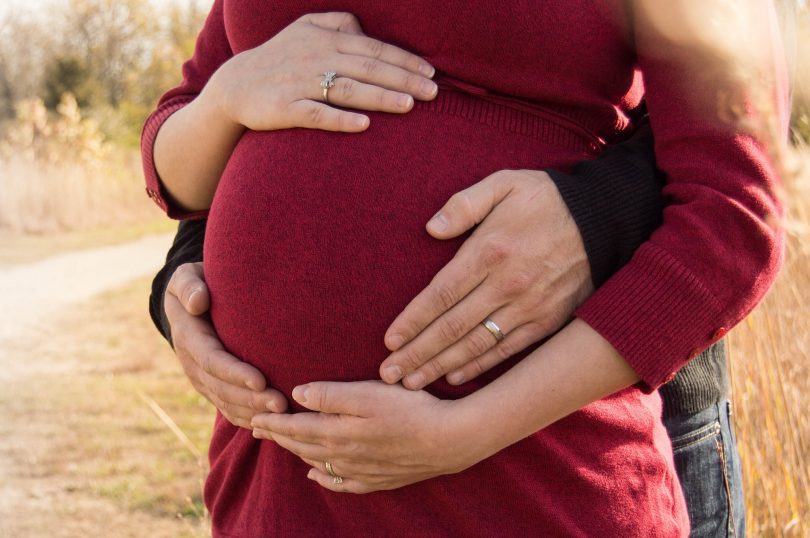What is a Doula?
A Doula (pronounced doo-luh) provides emotional and practical support to women, couples and families, before, during and after childbirth. Although doulas are not medically qualified and do not offer medical advice they provide continuity of care, reassurance and can help women find accurate information and make informed decisions. The support doulas offer will vary according to a woman’s individual needs, but at its heart is a focus on enabling women to have a satisfying, empowering birth experience and a relaxed and confident postnatal period.
The majority of doulas are mums themselves and have undertaken an initial doula preparation course studying antenatal, birth and postnatal topics. Following this, many doulas choose to enter into a mentoring process, where they are mentored by more experienced doulas. There are also training courses and workshops to deepen knowledge and understanding, and many doulas are also skilled in other complimentary fields such as breast feeding support, birth and new born photography, placenta encapsulation, pregnancy yoga, hypnobirthing, massage etc.
Most doulas are self-employed and are paid directly by their clients. Doulas can work purely as birth doulas or postnatal doulas or can work in both areas.
Birth Doulas
There is evidence to show that having doula support is greatly beneficial to pregnant women. Reducing the risk of Caesarean birth, reduced risk of instrumental birth, reduced need for painkillers or epidural during birth, reduced rate of induction of labour, shorter labours and increased parental satisfaction with the birth experience. (Brigstocke S. MIDIRS Midwifery Digest, vol 24, no 2, 2014, pp 157-160 and Hodnett ED, Gates S, Hofmeyr G, Sakala C. Continuous support for women during childbirth. Cochrane Database of Systematic Reviews 2013, Issue 7. Art. No.: CD003766. DOI: 10.1002/14651858.CD003766.pub5)
Doulas have no specific agenda and are non-judgmental, helping all kinds of women with different birth choices – from home births to caesarean sections and everything in between. Typically, a doula will be hired a few months before the due date so that the client and doula start to develop a relationship and prepare for birth.
As the due date nears, the doula will go on call, and at the onset of labour can be with her client as soon as required. Once with the woman, the doula will be a continuous presence throughout labour, attending to the woman’s non-medical requirements, encouraging and assisting her in any way needed.
Doulas are also there for dads and birth partners, supporting the whole family unit. The birth of a baby has a huge impact on dads and birth partners and the presence of a doula can help relieve the pressure of being the sole support during labour.
Postnatal Doulas
Traditionally many cultures have a ‘lying in’ period for new mums; mums are supported during the first few weeks so that the mum can concentrate on regaining her strength after labour and bonding with her new baby. Everyday tasks such as cooking, cleaning and taking care of other children are divided up between neighbours and family members. In modern society, this tradition has largely been eroded – often leaving new mums vulnerable, overwhelmed and isolated.
Post-natal doulas help bridge this gap by ‘Mothering the Mother’ and looking after her needs so that she can focus on her new baby/babies!
Pregnancy, Birth and the postnatal period is a hugely transformational experience bringing physical and emotional changes for women. With the support of a doula, a woman can navigate the challenges, anxiety and conflicting advice to find her own path as a mum.




